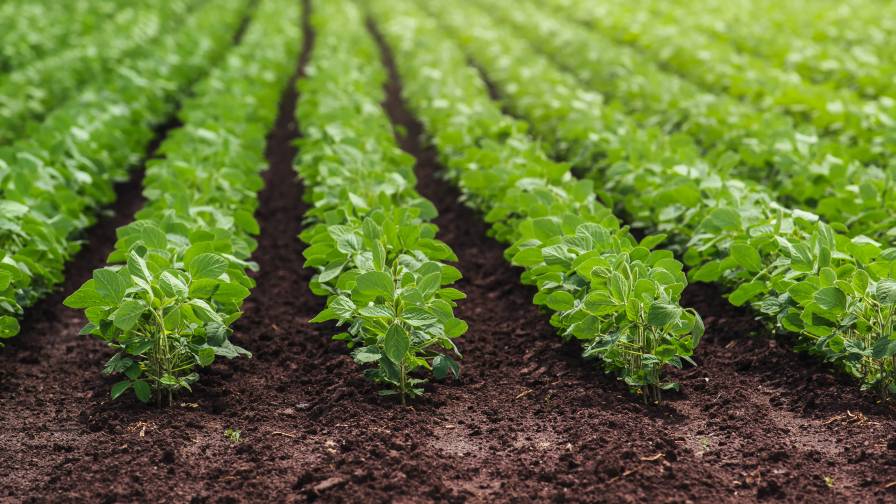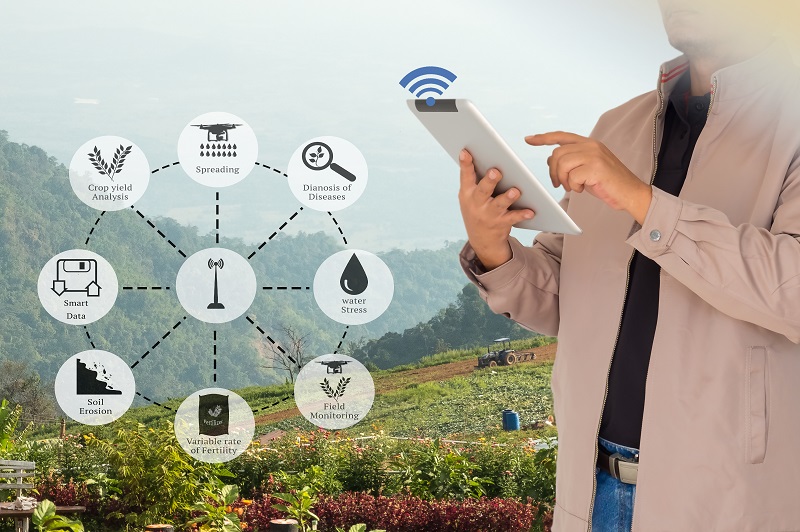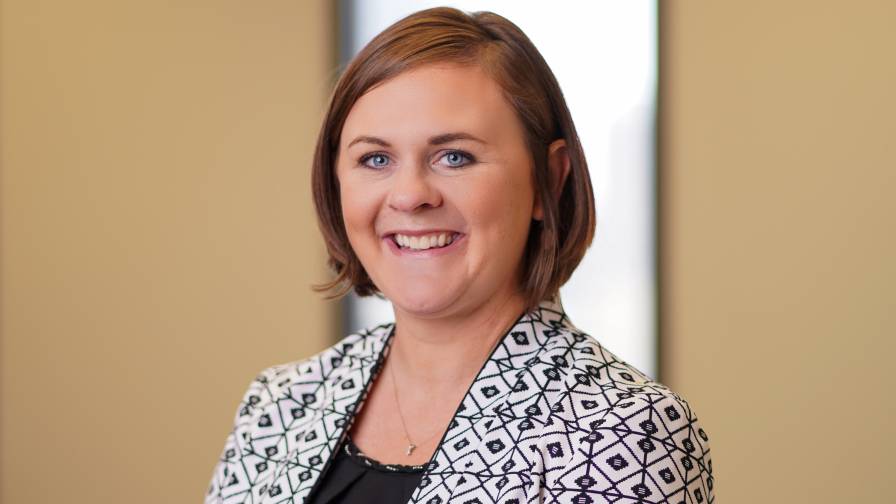Bayer Takes Steps to Make Carbon Sequestration a Farmer’s Newest Crop Opportunity
Agriculture may now have another solution to positively impact climate change thanks to a new initiative launched by Bayer. Beginning this month, Bayer will start rewarding farmers in Brazil and the U.S. for generating carbon credits by adopting climate-smart practices – such as no-till farming and the use of cover crops – designed to help agriculture reduce its carbon footprint and greenhouse gas (GHG) emissions. Bayer’s industry-leading Carbon Initiative is the result of years of work validating a science-based approach and methodology to make this happen. It recognizes the pivotal role growers and their land can play in helping to create lasting, positive environmental impacts and is the latest in the company’s sustainability commitments specifically aimed at reducing field GHG emission by 30% in 2030.
“Farmers are passionate environmentalists and stewards of the lands they farm,” said Brett Begemann, Chief Operating Officer of Bayer’s Crop Science division. Their lives and livelihoods depend on the weather, and they are some of the first to be affected by drought, flooding and extreme conditions. If anyone has a vested interest in battling climate change, it’s farmers and we are committed to developing new business models like this unique Carbon Initiative to help them in that fight.”
Soil is one of the most effective ways of sequestering carbon. Incentivizing farmers to embrace no-till, precision nitrogen use or cover crops helps further sequester carbon into the soil, reduce fossil fuel usage and reduce greenhouse gases. While today farmers get rewarded solely for their food, feed and fiber production, those participating in the Bayer Carbon Initiative will have the opportunity to be rewarded for their best farm management practices and other sustainability efforts as well.





